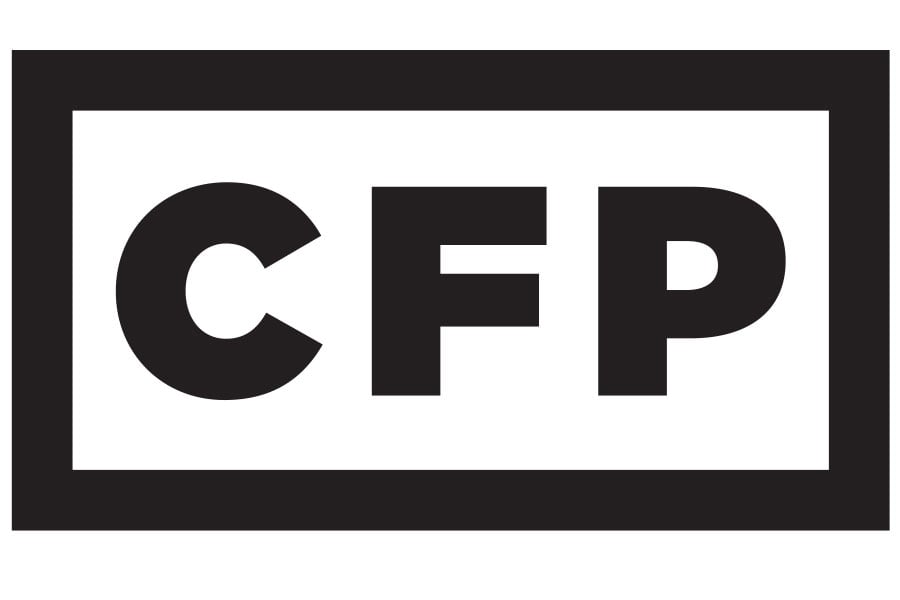

The organization that sponsors the certified financial planner credential is creating a new entity that will allow it to more aggressively promote planning careers and encourage investors to hire a planner.
The CFP Board of Standards Inc. announced in a letter to mark holders Wednesday that it's splitting into two organizations in two different tax categories. The CFP Board Center for Financial Planning will continue to carry the 501(c)(3) nonprofit tax status of the current CFP Board, while the CFP Board of Standards will be a 501(c)(6) nonprofit.
Thanks to its tax designation, which enables it to focus on practitioners, the newly created CFP Board of Standards can highlight the benefits of working as a planner as it talks to students and those mulling a career switch. A 501(c)(3) must make the public its priority.
If the CFP Board concentrated on advancing the profession as a 501(c)(3), it could have risked IRS penalties. It has more latitude as a 501(c)(6).
“We can be much more explicit, much more direct and lead with things like flexible work and salary ranges,” CFP Board Chairman Dan Moisand said in an interview with InvestmentNews.
Increasing the planner workforce is a strategic priority for CFP Board. As a 501(c)(6), it will be in a better position to convince students to become CFPs, said CFP Board CEO Kevin Keller.
The CFP Board wants to give planning the same cachet as careers in science, technology, engineering and math.
“There’s a war for talent, and we’re competing in that war with a profession that many people don’t even know exists,” Keller said in an interview. “We want to create the awareness of financial planning as an attractive career aspirationally with what STEM has done.”
The (c)(6) tax status also will allow CFP Board to transform its ongoing public awareness advertising campaign into pitches that more forcefully urge consumers to turn to a CFP for investment advice.
A typical ad ends with the audience being invited to learn more by visiting the CFP Board’s LetsMakeAPlan website. As a (c)(6) organization, the ads can be more pointed and say “find your CFP” at the site.
“With this change, CFP Board can communicate more directly about the value the public receives from hiring a CFP professional,” the board stated in its letter to CFPs.
The CFP Board will spend $15 million annually on the ad campaign beginning this year. It will invest $3.5 million annually in workforce development for the next several years. The organization’s goal is to boost the number of CFPs in the United States to 150,000 by 2030, up from about 95,000 today.
One of the main differences between a 501(c)(3) and a 501(c)(6) is that donations to the former are tax-deductible charitable contributions, while donations to the latter are deductible as a business expense.
The 501(c)(6) arm also will have more ability to lobby. But Moisand and Keller said the CFP Board does not plan to form a political action committee to make donations to lawmakers’ campaigns.
The two CFP organizations will have the same board of directors and both will draw from the current CFP Board staff of about 100. Keller will be the chief executive of both.
“The board of directors has been clear that the public benefit of CFP Board’s work remains paramount, even as we undertake programs focused on advancing the profession,” the board said in its letter.
On Monday, the CFP Board filed articles of incorporation for its two affiliated organizations. The bifurcation will probably take until the end of the year to complete.
As a 501(c)(6), the CFP Board of Standards could form a membership organization similar to the Financial Planning Association or the National Association of Personal Financial Advisors, but the board doesn't intend to go in that direction.
“We don’t want to be FPA or NAPFA,” Moisand told a group of reporters in a separate interview.
Moisand denied the CFP Board’s move was related to FPA’s initiative to achieve legal recognition for the title “financial planner.” The CFP Board is leery of that effort because of the potential ramifications for the CFP credential and because the board opposes state regulation of planning.
The CFP Board began thinking about establishing a 501(c)(6) in December 2021, Keller said. The FPA launched its title protection campaign last July.
“We’ve been talking about this for a long time, long before FPA came out with title protection initiatives,” said Moisand, principal at the advisory firm Moisand Fitzgerald Tamayo. “It has absolutely nothing to do with that. It has everything to do with our ability to do our part in advancing the profession in areas where we’re uniquely suited to making advancements, and we’re limiting ourselves because of the tax status.”
Fashioning two nonprofit organizations out of one is a legal lift but not necessarily expensive.
“The costs are minimal,” Keller said. “It’s an administrative function.”

A new proposal could end the ban on promoting client reviews in states like California and Connecticut, giving state-registered advisors a level playing field with their SEC-registered peers.

Morningstar research data show improved retirement trajectories for self-directors and allocators placed in managed accounts.

Some in the industry say that more UBS financial advisors this year will be heading for the exits.

The Wall Street giant has blasted data middlemen as digital freeloaders, but tech firms and consumer advocates are pushing back.

Research reveals a 4% year-on-year increase in expenses that one in five Americans, including one-quarter of Gen Xers, say they have not planned for.
Orion's Tom Wilson on delivering coordinated, high-touch service in a world where returns alone no longer set you apart.
Barely a decade old, registered index-linked annuities have quickly surged in popularity, thanks to their unique blend of protection and growth potential—an appealing option for investors looking to chart a steadier course through today's choppy market waters, says Myles Lambert, Brighthouse Financial.
